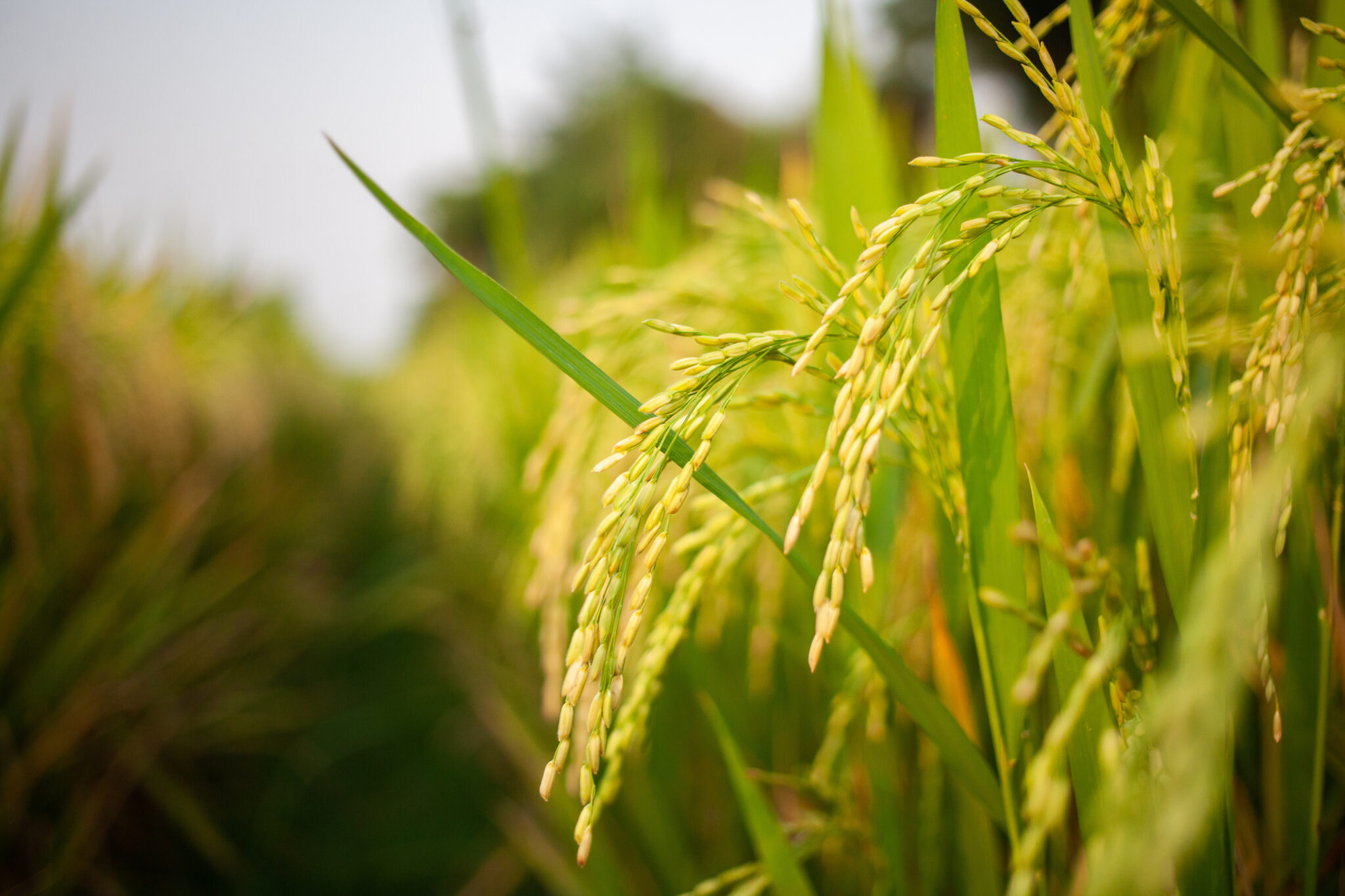Adoption of Improved Fertilizer Management Practices

Photo Credit: Adobe Stock
Climate change poses a critical challenge to farmers, as extreme weather patterns increase both the likelihood of crop destruction due to drought or flooding, and variability in output levels. Researchers partnered with the International Rice Research Institute to evaluate the impact of Swarna-Sub1 on (1) usage of fertilizer and other production inputs; (2) improvements in fertilizer management techniques and crop yield; and (3) abandonment of traditional rice varieties that survive extreme flooding but produce low yields under normal conditions. During floods, Swarna-Sub1 had a clear advantage over the traditional seeds. In non-flooded areas, there was no significant difference in yields between flood-resistant and traditional seeds, suggesting that there was no penalty to farmers who switched to the new seed technology. Overall, Swarna Sub1 avoided yield losses, led to more investment in farms, and benefited marginalized farmers the most. Motivated by the ATAI study on Swarna-Sub1, the Odisha State Seed Corporation increased its production of this stress-tolerant variety from 300 metric tons in 2012 to 4,200 metric tons in 2014 and more than 6,000 metric tons in 2015. Research is ongoing to evaluate further long-term impacts.

